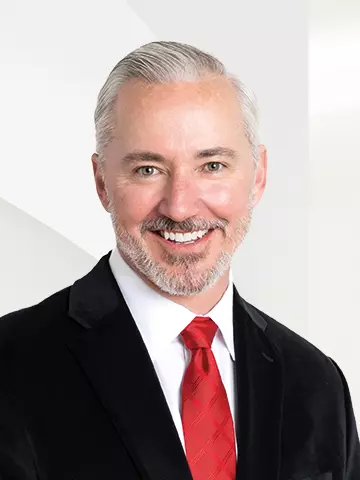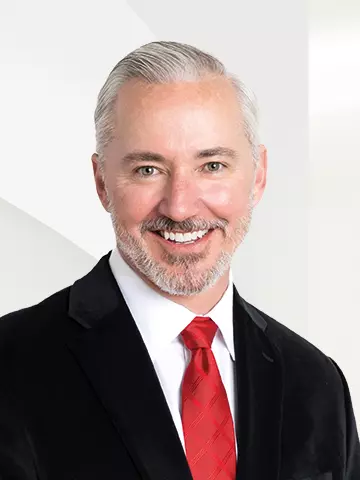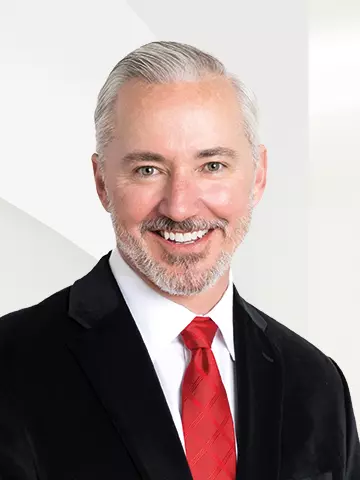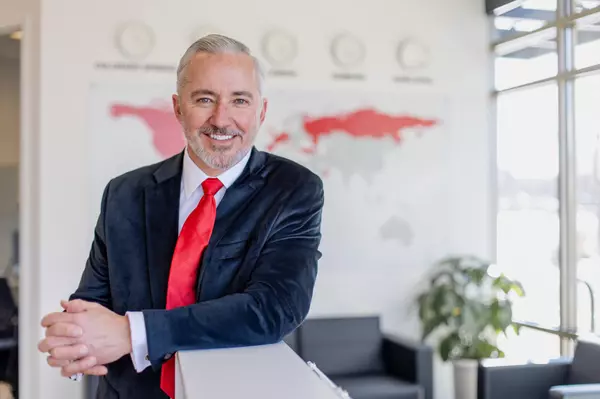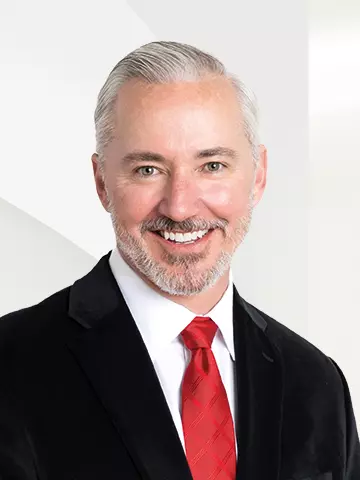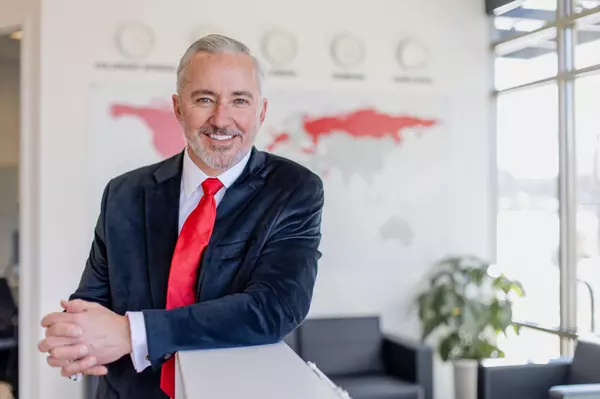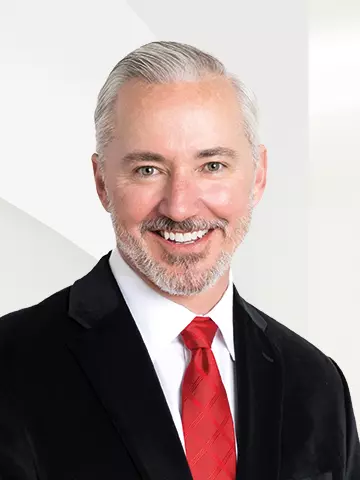What Is a ‘Shadow Federal President’—And Why Does the POTUS Want Chairman Powell to Lower Rates?
If you’ve been following the news lately, you might have heard the phrase “Shadow Federal President” tossed around in discussions about the Federal Reserve and interest rates. But what does it actually mean—especially when it pops up in the context of the President of the United States (POTUS) urging Federal Reserve Chairman Jerome Powell to lower rates?
Let’s break it down in plain English.
Who Really Runs the Fed?
The Federal Reserve, often just called "the Fed," is America’s central bank. Its job is to keep the economy running smoothly—think of it as the thermostat for the country’s financial system, adjusting the heat (interest rates) to keep things comfortable. The person at the helm is the Chairman, currently Jerome Powell.
But here’s the twist: the Fed is supposed to be independent. That means it makes decisions about interest rates without direct political influence. The President appoints the Chair, but after that, the Chair’s job is to focus on the economy, not politics.
What’s a "Shadow Federal President"?
The term "Shadow Federal President" isn’t an official title—it’s more of a tongue-in-cheek nickname. It usually surfaces when the actual President (POTUS) tries to publicly pressure the Fed Chair to make certain decisions, like lowering interest rates. In these moments, it can seem like the President wants to take the reins of the Fed’s decision-making—acting as an unofficial (or "shadow") leader of the central bank.
Imagine you’re watching a basketball game, and the team owner keeps yelling instructions from the stands, trying to coach over the actual coach. The owner isn’t supposed to call the plays, but their influence is hard to ignore. That’s the vibe when the President tries to sway the Fed.
Why Does the President Want Lower Rates?
Presidents often want lower interest rates because they can stimulate the economy. Cheaper borrowing means businesses can expand, people can buy homes or cars, and the stock market tends to get a boost. This is especially appealing in election years or during economic slowdowns.
But the Fed has to balance this with the risk of inflation—if rates are too low for too long, prices can spiral out of control. That’s why the Fed’s independence is so important. It helps ensure decisions are made for economic reasons, not just political ones.
The Bottom Line
So, when you hear talk of a "Shadow Federal President," it’s a playful jab at the President’s attempts to influence the Fed. It’s a reminder that, in theory, the Fed should be calling its own shots—even if the President is loudly cheering from the sidelines.
Understanding this dynamic helps make sense of the headlines, and why the dance between the White House and the Fed matters for your wallet, your mortgage, and the broader economy.
Engel & Völkers local real estate experts are engaged in over 1,000 locations worldwide. Contact me to connect you with an advisor precisely where you want to be.
Chad Behnken
Luxury Real Estate Advisor
Licensed in CO and GA
Engel & Völkers Pikes Peak
Categories
Recent Posts
